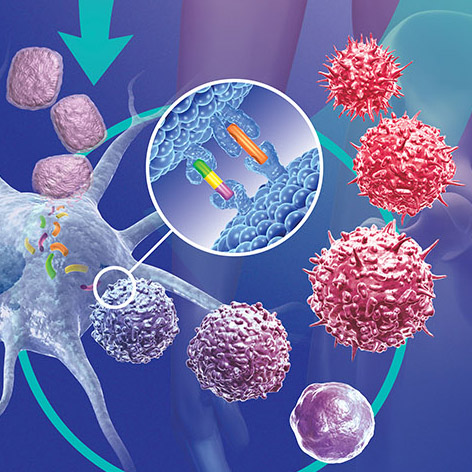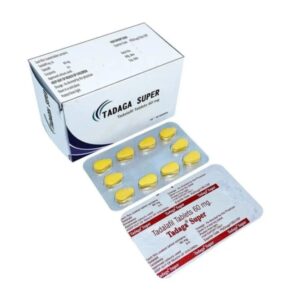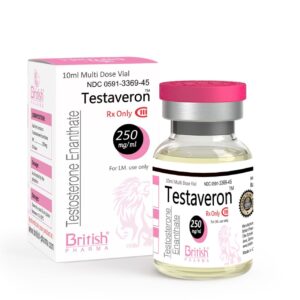Health insurance plays a crucial role in ensuring timely access to medical care, particularly for serious conditions like cancer. However, inadequate or cheap health insurance plans often come with limitations such as high deductibles, restricted provider networks, and minimal coverage for specialized treatments. These factors can significantly delay cancer diagnosis and increase the risk of mortality, leading to worse health outcomes for patients.
Delayed Diagnosis Due to Limited Coverage
One of the most critical ways that inadequate health insurance contributes to cancer-related deaths is through delayed diagnosis. Many low-cost insurance plans offer limited coverage for diagnostic tests such as mammograms, CT scans, MRIs, and biopsies. Without comprehensive coverage, patients may have to pay out-of-pocket for these tests, leading many to postpone or forgo necessary screenings.
Early detection is essential for improving survival rates in cancer patients. For instance, breast cancer detected at Stage 1 has a five-year survival rate of nearly 99%, whereas the survival rate drops significantly if diagnosed at Stage 3 or 4. A lack of early screening options can allow cancer to progress undetected, making treatment less effective and reducing the chances of survival.
Financial Barriers to Seeking Medical Help
Even when symptoms arise, individuals with inadequate insurance may hesitate to seek medical attention due to high copays, deductibles, and out-of-pocket expenses. Patients who are underinsured or on cheaper health plans often face financial constraints that force them to prioritize daily expenses over medical consultations.
Additionally, some insurance plans require pre-authorizations for specialist visits, further complicating the process of seeking timely care. If a patient experiences persistent symptoms such as unexplained weight loss, fatigue, or unusual lumps, they may delay seeing a doctor because they fear the costs involved. This postponement can be life-threatening in cases where early intervention could have led to better treatment outcomes.

Limited Access to Quality Healthcare Providers
Another major issue with low-cost health insurance plans is their restricted provider networks. Many of these plans only cover treatment at a limited number of hospitals or clinics, excluding top-tier cancer centers and specialists. If a patient is diagnosed with cancer, they may find that their insurance does not cover treatment at a facility known for cutting-edge research and advanced care.
This limitation forces patients to either pay exorbitant amounts for out-of-network care or settle for lower-quality treatment facilities. In some cases, patients travel long distances to access in-network providers, leading to delays in treatment and increased physical and emotional stress.
Delays in Treatment Approval
Insurance companies that offer cheap health plans often impose bureaucratic hurdles such as prior authorizations, step therapy, and appeals processes before approving cancer treatments. These delays can be detrimental, as cancer treatment is most effective when started as early as possible.
For example, if a patient needs chemotherapy, they may have to wait for their insurance provider to approve the drug, which can take weeks or even months. During this time, the cancer may continue to grow and spread, making treatment less effective and increasing the risk of complications.
Higher Mortality Rates and Worse Health Outcomes
Studies have shown a clear correlation between inadequate health insurance and higher cancer mortality rates. Patients with limited coverage are more likely to be diagnosed at later stages, less likely to receive timely and comprehensive treatment, and more likely to experience financial toxicity—where the cost of care becomes a burden that affects their overall well-being.
According to research, uninsured or underinsured cancer patients have a significantly lower survival rate compared to those with comprehensive insurance coverage. This disparity highlights the importance of access to affordable, high-quality health insurance that covers preventive care, early diagnostics, and specialized treatment.
Conclusion
While cheap health insurance may seem like an economical choice, its limitations can have severe consequences, especially when dealing with life-threatening illnesses like cancer. Delayed diagnosis, financial barriers, restricted access to quality care, and bureaucratic delays in treatment approval all contribute to poorer health outcomes and increased mortality risk.
To improve cancer survival rates and overall public health, policymakers and insurance providers must work toward making comprehensive healthcare more affordable and accessible. Early detection and timely treatment should not be a privilege but a fundamental right for all individuals, regardless of their financial status.
Our Products
-
Tadaga Super 60mg
$2.00 / Per Pill
-
Lovegra 100mg
$1.50 / Per Pill
-
Testosterone Enanthate
$240.00 / Per 10ml





